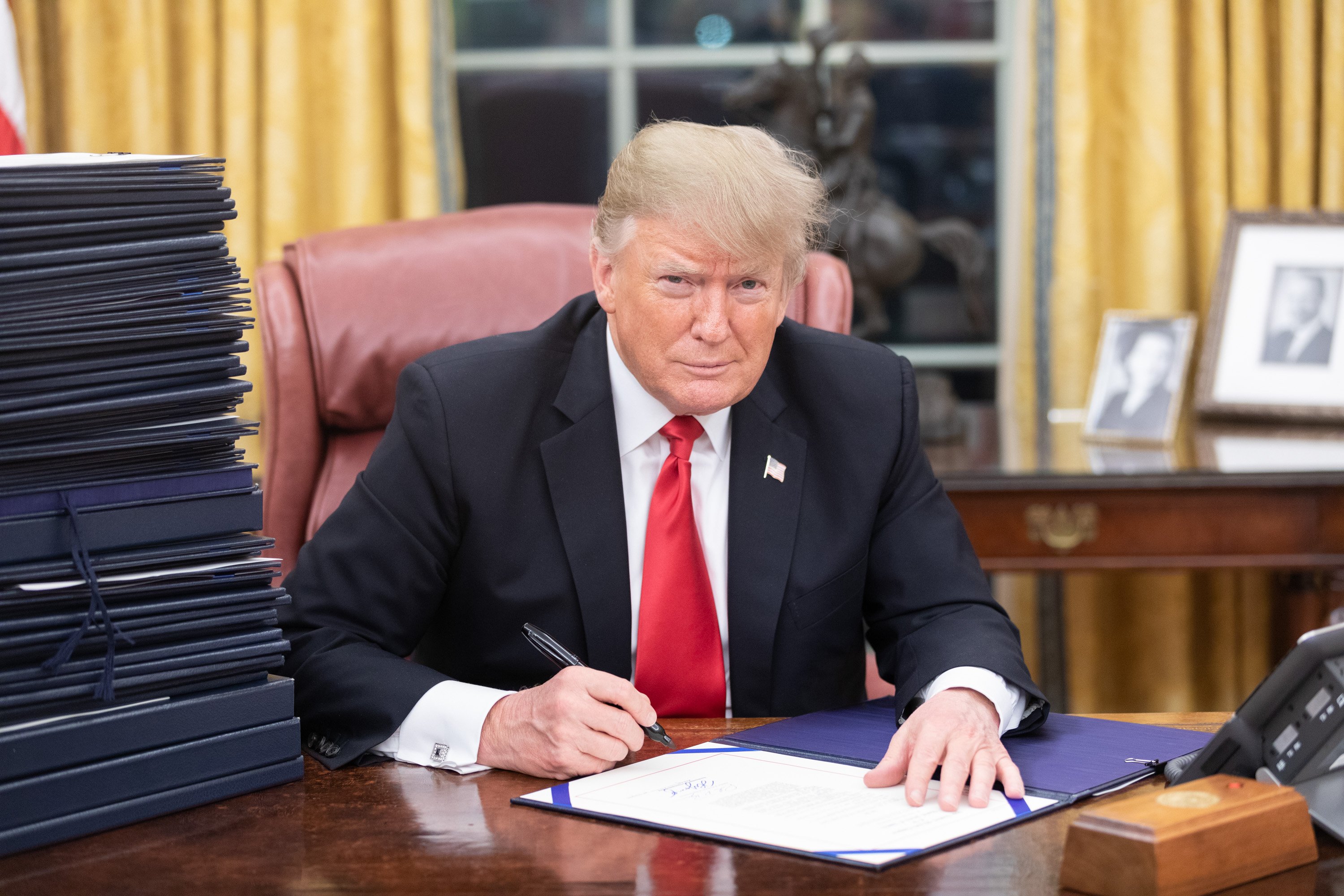Independent Review Panel Finds “Systemic” USSS Failures
Published by The Lawfare Institute
in Cooperation With

On Oct. 15, an independent review panel published its findings and recommendations on U.S. Secret Service (USSS) failures relating to the July 13 assassination attempt on former President Donald Trump. The panel’s assessment comes a month after the Senate Committee on Homeland Security and Governmental Affairs released a separate report on the matter.
The panel—which includes former Secretary of Homeland Security Janet Napolitano—detailed specific USSS oversights that enabled Thomas Crooks to climb a building proximate to a Butler, Pa. rally, take aim, and fire a gun at Trump—grazing the former president in the ear, wounding two others, and killing one. It found that USSS failed to secure the building and mitigate line-of-sight concerns, ensure proper communication among personnel and with local law enforcement, and apprehend Crooks when law enforcement became aware of him engaging in suspicious activity— “more than ninety minutes” before he fired on Trump. The report also identified larger systemic problems within USSS, including “lack of clarity in practice regarding who was in charge,” failure to request sufficient resources, lack of “critical thinking,” training, and experience among USSS personnel, and more.
The report includes recommendations for USSS to address the July 13 failures as well as larger issues within the organization. Specifically, it calls for a “physically integrated communications and incident tracking set up”; greater overhead surveillance for outdoor events; “explicit description of line of sight risk mitigations”; more extensive training to encourage “speak up” culture and responsibility; and more. Broadly, the panel recommends actions such as a “re-focus” on the USSS’s protective mission through organizational restructuring, the institution of new leadership, and more extensive communications reform within the organization. The panel also identified a need for USSS leadership to “inspire” its agents to produce better outcomes:
One of the most fundamental challenges facing the Secret Service is that new leadership will need to inspire agents, regardless of fatigue or claimed burnout, to aspire to be elite and flawless. Although perfection in human affairs is not possible, again, there is a fundamental difference between “do more with less” and “failure is not an option.” There needs to be a burning desire within the Secret Service to be elite, and a stronger sense of mission, created in an environment in which leaders and agents hold themselves and their colleagues to an uncompromising standard of excellence consistent with the no-fail nature of the Secret Service’s protective function.
You can read the report here or below:



-(1).jpg?sfvrsn=b91ff6a6_7)

